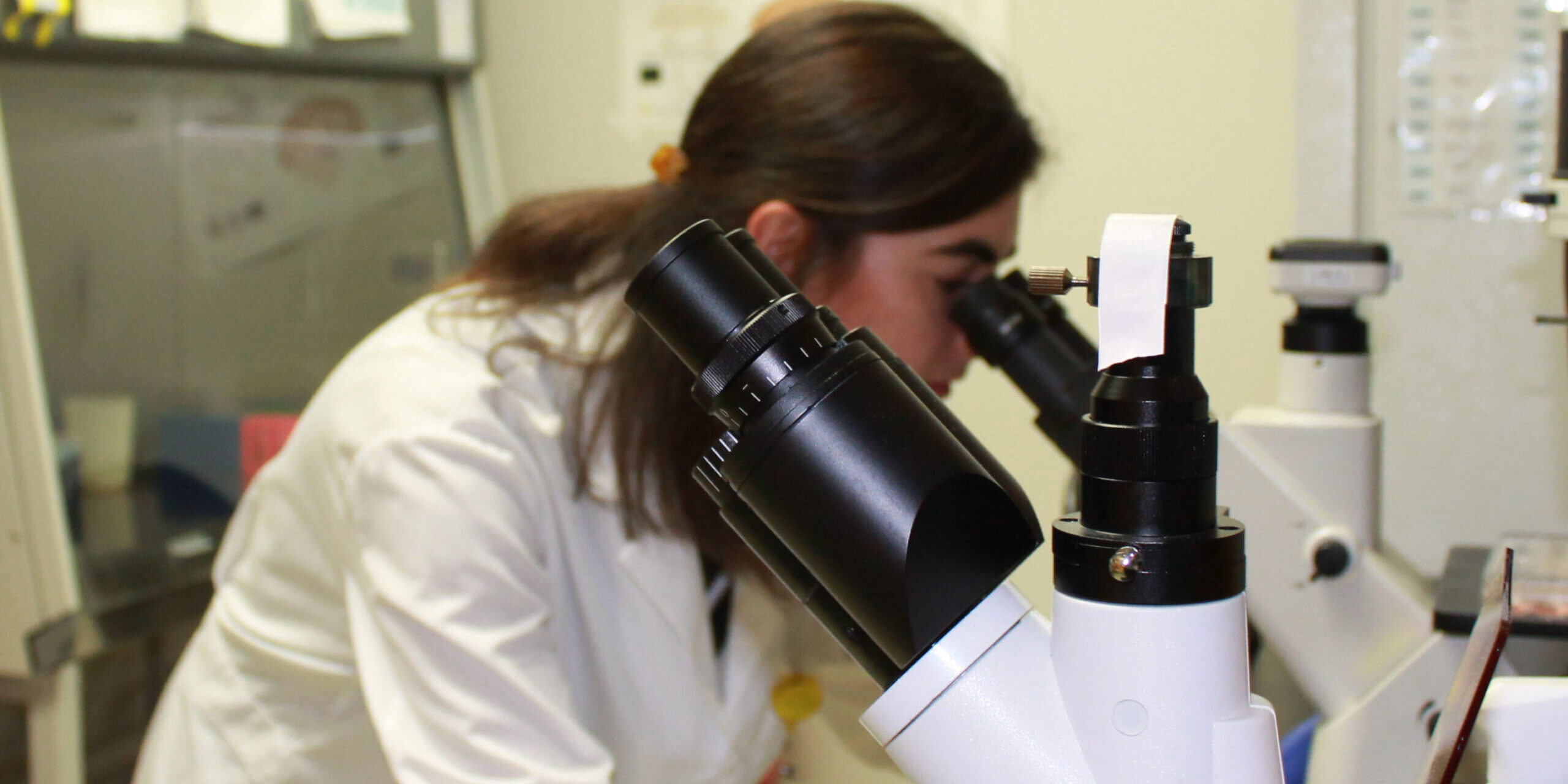
Did you ever wonder if there is any positive aspect of Fragile X syndrome?
Fragile X syndrome arises from a genetic mutation. But why do some people have this mutation? Does it provide some evolutionary advantage which would keep it in the human gene pool over generations? A number of studies have shown surprising connections between Fragile X syndrome and cancer.
A Single Gene Mutation Causes Fragile X Syndrome
The FMR1 gene on the X chromosome normally produces a protein known as FMRP. However, in the case of Fragile X syndrome, a mutation prevents this gene from producing FMRP. Lack of this protein in turn can lead to symptoms of the syndrome, including intellectual disabilities, anxiety, and behavioral challenges.
Cancer Connections
Several studies have shown that people with Fragile X syndrome have much lower rates of cancer than would be typical. Only 3 of 223 people in Denmark with Fragile X had cancer according to a 2001 study – about 70 percent less than expected. In Finland researchers reported that 11 of 302 people with Fragile X had cancer — about 20 percent lower than expected.
In Italy, FRAXA Investigator Claudia Bagni recently published a study FMRP modulates the Wnt signalling pathway in glioblastoma | Cell Death & Disease suggesting that FMRP plays a role in the growth of an aggressive type of brain tumor, glioblastoma. In biopsies of human glioblastoma, more FMRP is linked with worse patient outcomes. In contrast, reductions in FMRP inhibit the growth and spread of these tumors. The study raises the possibility that FMRP could be targeted – perhaps temporarily blocked – to treat this kind of cancer.
Fragile X Syndrome and Cancer: Next Steps
Although some people with Fragile X do still get cancer, it is not clear if this is true for all cancer types. The numbers are too small to inform this issue, and cancer is actually many different diseases. Additionally, most people with Fragile X produce some FMRP in some of their cells. Is it possible that, in those few people with Fragile X who do get cancer, the tumors arise from cells that produce FMRP? If tumors begin in cells which are not producing FMRP, do tumor cells find a way to reactivate FMR1 and produce the protein?
Links between cancer and Fragile X could help advance progress toward treatments for both patient communities. Some of the vast investment in cancer research could shed light on Fragile X. Likewise, cancer research could benefit from further study of the Fragile X protein.
For a comprehensive overview of the relationship between Fragile X syndrome and cancer, check out The cloudy connection between Fragile X and cancer on Spectrum, which delves into the intriguing research on FMR1 gene expression, FMRP protein levels, and the possible cancer-protective effects in those with Fragile X syndrome.
Written by
Katie Clapp
President and Co-Founder
Katie Clapp is Co-Founder and President of FRAXA Research Foundation. In 1994, after her son Andy was diagnosed with Fragile X, Katie, her husband Michael Tranfaglia, and a third parent, Kathy May, founded FRAXA Research Foundation.
Katie has won a number of awards for her work with FRAXA, including a Community Hero award from the American Red Cross and a Women of Justice award from Massachusetts Lawyers Weekly.
Michael Tranfaglia, MD
Medical Director, Treasurer, Co-Founder
Dr. Michael Tranfaglia is Medical Director and Chief Scientific Officer of FRAXA Research Foundation, coordinating the Foundation’s research strategy and working with university and industry scientists to develop new therapeutic agents for Fragile X. He has a BA in Biology from Harvard University and an MD from the University of North Carolina at Chapel Hill. His son Andy has Fragile X syndrome.



